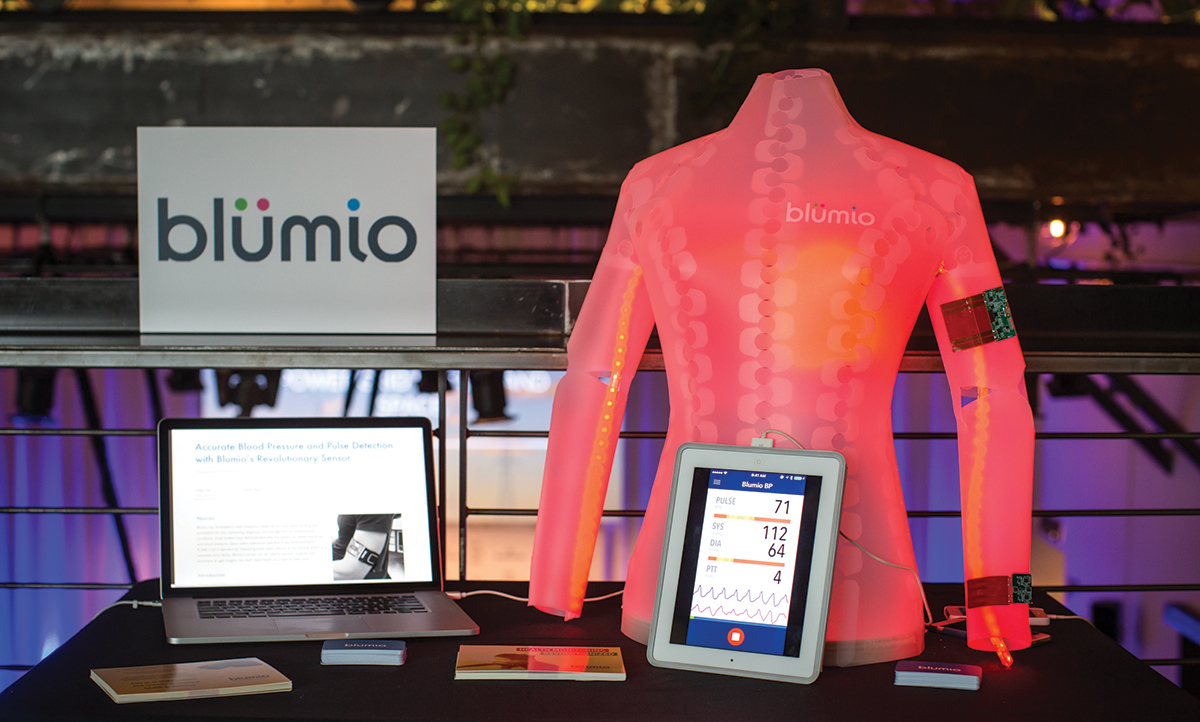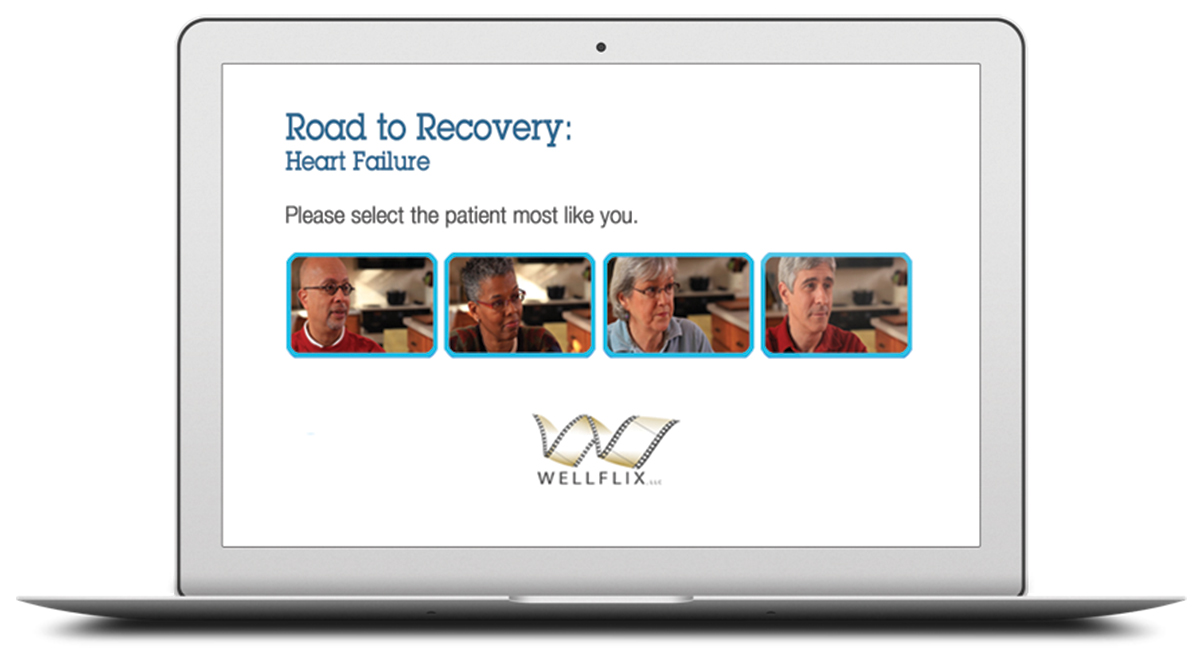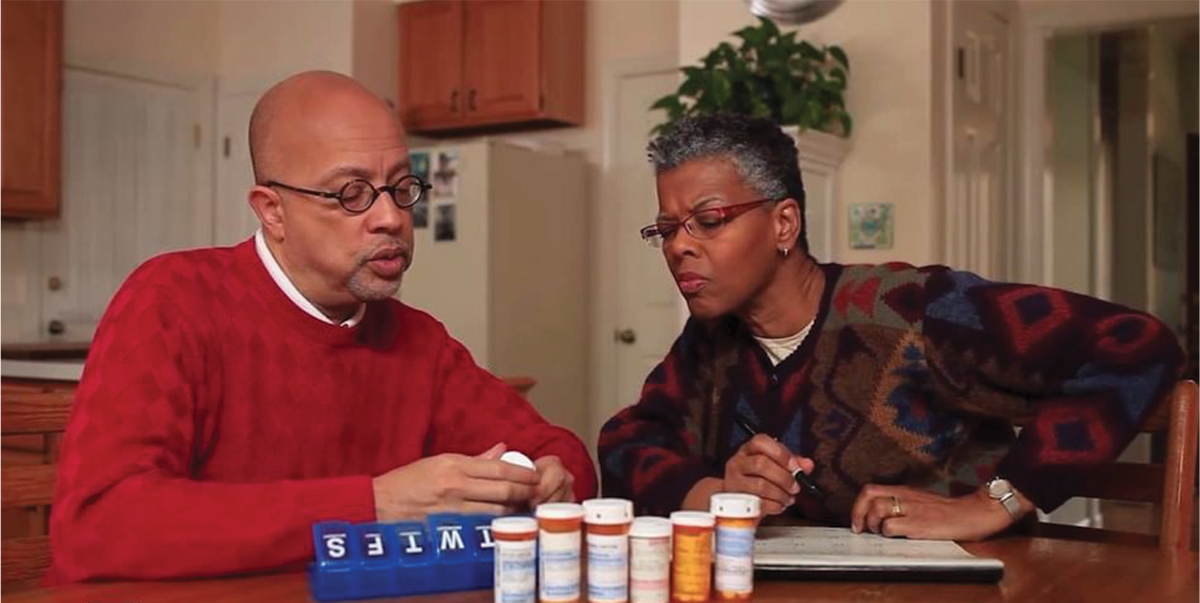Innovation at ACC | Improving Clinical Care Through Innovation
Radar to improve continuous blood pressure (BP) measurement? Behavioral modeling videos to reduce hospital readmission? These are the visions of two startup companies that were finalists in the first-ever ACC.18 Innovation Challenge. Both companies are finding early success and building on the exposure and insights from the challenge to expand their efforts.
Blumio was selected as a finalist in the competition’s medical device category for developing a sensor that uses radiofrequency to measure pulse wave velocity and determine BP.
Wellflix applies social cognitive theory in developing videos and other multimedia aids to educate patients and caregivers about patient care after hospital discharge. Wellflix was a finalist in the digital health category.
Noninvasive, Accurate BP Measurement

BP is a vital sign of a patient’s condition. But measuring it correctly takes time — when using a BP cuff — or is invasive — when inserting a catheter into the artery. Blumio has created a novel radiofrequency sensor module that directly measures arterial pulse waves, with a transmitter module that emits a pulse train through two radiofrequency antennas on the brachial or radial artery. Coupled with its proprietary algorithm, BP estimates are calculated. Initial testing has shown the sensor can determine BP and pulse values within industry standards, similar with that obtained by a BP cuff.
Measurement is not limited to the upper arm. Prototype devices developed by Blumio can detect arterial pressure at the level of the heart (aorta), neck (carotid), lower arm and wrist (radial, brachial) and leg (femoral, tibial).
Ultimately, the sensor can be incorporated into any wearable device, such as a patch, wrist band or arm band. This will also allow for more comfortable and feasible continuous BP measurement outside the clinic. “Blood pressure data over a 24-hour period, for example, can be wirelessly transmitted to a patient monitor for the physician to evaluate,” says Blumio CEO Catherine Liao.
Ultimately, the [Blumio] sensor can be incorporated into any wearable device, such as a patch, wrist band or arm band.
In the surgical arena, the Blumio sensor can enable moving patients more quickly out of expensive intensive care by eliminating the need for an arterial catheter to monitor BP. In the emergency department, it can speed up evaluation.
“Our sensor just needs to sit above a major artery and it can detect signals in that artery,” says Liao, one of the startup’s three founders. “Our vision is to have a mechanism capable of monitoring how well our bodies are doing at all times.”
Liao and her partners are technologists who have worked at the World Health Organization and in Silicon Valley. At Blumio, they’ve focused on understanding the science of arterial motion and developed the theory for their sensor since the company’s founding in 2015. Next steps include collecting clinical data to further demonstrate the sensor’s accuracy and to then produce a reference design that can be tested by clinicians. Their goal is a Food and Drug Administration-approved sensor by 2020.
“If device companies want to deliver a cuff-less blood pressure monitoring solution, they would use the Blumio sensor. Our goal is to enable a new suite of health monitoring solutions to be created,” Liao says.
Behavior Modeling to Reduce Readmissions

Improving the self-efficacy of patients enables them to better practice self-care after hospital discharge — improving their health outcomes and reducing 30-day readmissions. Wellflix creates multimedia patient education programs that model new, positive behaviors, such as how to adhere to a medication properly.
“We’re not doing talking heads or informational videos,” says Jonathon A. Winder, Wellflix CEO. “The single best way to help people change behaviors is to show them what to do.” Wellflix has incorporated more than two dozen principles of social cognitive theory (SCT), also called behavioral modeling, which holds that individuals learn new behaviors most effectively by observing others, into videos that explain to patients how they can maximize their recovery.
The first program was for heart failure and began with testing in hospitals in Boston, MA, and Durham, NC. The videos were given to the patient at discharge for use and reinforcement at home and focus on eight behaviors, including tracking weight, lowering salt intake and following a medication plan. After 12 months, Wellflix showed high patient satisfaction and ease of use, along with significant improvements in patient-reported efficacy for the behaviors modeled.
"The single best way to help people change behaviors is to show them what to do." — Jonathon A. Winder, Wellflix CEO
Importantly, the videos are tailored to the patient, with different videos based on their age, sex, race and ethnicity. And each video is short — less than four minutes — another key SCT principle.
Wellflix supplements the videos with other teaching aids, and provides 24/7 online access. The cost for a hospital to implement a program is less than the average $11,000 price tag for a heart failure readmission, and it is far less than the fine for exceeding readmission standards, says Winder, one of the startup’s founders.
The company began testing its videos in 2015 and has been marketing the program since 2016, successfully adding more institutions. Plans are underway to develop videos for other topics in cardiology. “Digital therapeutics to facilitate the prescribing of patient education is absolutely on its way,” says Winder. “If patients fail to adopt new, healthier ways after discharge, you can bet they will be readmitted sooner rather than later.”
Clinical Topics: Heart Failure and Cardiomyopathies, Acute Heart Failure
Keywords: ACC Publications, Cardiology Magazine, ACC18, ACC Annual Scientific Session, Patient Readmission, Pulse Wave Analysis, Blood Pressure, Radial Artery, United States Food and Drug Administration, Radar, Self Care, Multimedia, Caregivers, Self Efficacy, Patient Satisfaction, Goals, Sphygmomanometers, Blood Pressure Determination, Patient Discharge, Heart Rate, Emergency Service, Hospital, Aorta, Heart Failure, Marketing, Algorithms, Critical Care, Cognition
< Back to Listings






